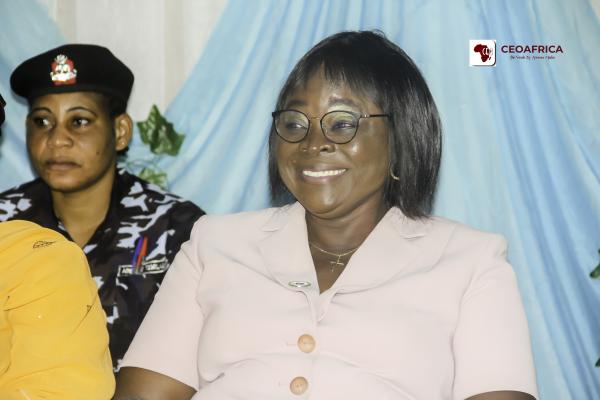
The Minister of Women Affairs, Mrs. Pauline Tallen, on Tuesday, stated that 11 of the 36 states in the country had yet to domesticate the Child Rights Act which was passed into law in 2003.
This was made known at a public hearing organised in Abuja by the Senate Committee on Women Affairs on two bills: “Older Persons’ Rights and Privileges Bill 2020 and The Child Rights Act, 2003 Amendment Bill 2020”.
MrsTallen revealed that since her assumption into office, she has been working round the clock in her bid to entreat governors and members of the Houses of Assembly in the various states to ensure that the Act is domesticated.
The minister, having succeeded in domesticating the acts in 25 states, is still forging on to do same in the states left behind.
She said, “I’m reaching out. I just returned from an advocacy tour of some of the states and I’m still moving on until I cover the 11 states
“I have just returned from Adamawa, Bauchi, and Gombe. The three States I have visited since after the COVID-19 and they have reassured me because I addressed the Houses of Assembly of the three states and had public hearing with stakeholders.”
The minister further assured that before the end of 2020, all states would have domesticated the Act which she described as life-saving bills particularly the Child Rights Act.
Also speaking, President of Coalition of Societies for the Rights of Older Persons in Nigeria, Sen. EzeAjoku, said that it was the coming together of the coalition that gave birth to the bill.
He added that the bill was the first attempt to bring out Nigerian older persons in any form of bill that would determine their rights and privileges as well as give discounts for older persons in private hospitals whereas it wasn’t obtainable in Federal Government Hospitals where most of the older persons were attended to.
Sponsor of the bill, Sen. Ibikunle Amosun (APC-Ogun), said that the bill was read for the first time on Wednesday, Nov. 27, 2019, and also read for the second time on Tuesday, March 17, 2020.
Amosun added that the bill when passed, would ensure that any person convicted of attempted rape should be unsuitable to work with children.
“Apart from the existing punitive measures in relation to sexual offences against children, the thrust of this Bill is preventive in nature, and it is in line with the time-tested wisdom that says “prevention is better than cure.”
The bill further gives protection to the Nigerian child against sexual violence and abuse.






















